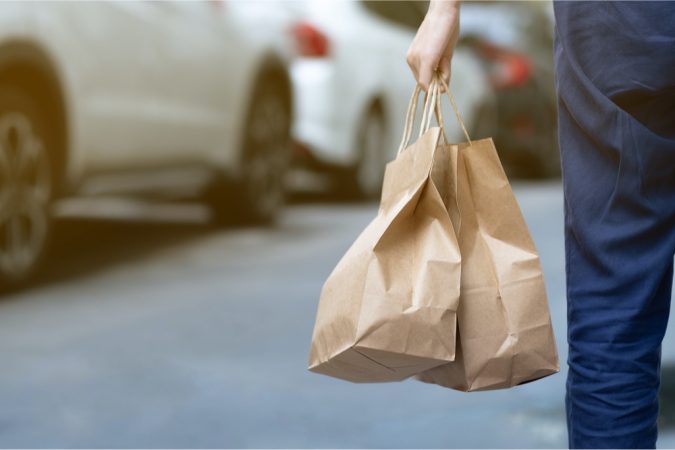
By Carollyn Taylor, Inweekly
Escambia County is full of helping hands and grateful hearts, but where do you go when you fall short on food and hope? As the COVID-19 pandemic surged, our community faced increases in food insecurity and poverty. Inweekly recently sat in with the League of Women Voters as they conducted a virtual meeting surrounding those topics and heard from Florida Commissioner of Agriculture Nikki Fried and DeDe Flounlaker, Manna Food Bank’s executive director.
“Over three million Floridians suffer from food insecurity, including 850,000 of our kids,†said Fried. This statistic highlights why poverty and food insecurity top her administration’s priorities.
Fried recognizes when food insecurity is present, workforce readiness and children’s inability to focus at school go downhill. “Just to give you a little background and why this is so important to me, growing up in Miami, I started my own soup kitchen when I was in high school.â€
In short, Fried feels passionate that “when people have food and access to food, they succeed.â€
Flounaker found the agriculture commissioner’s attitude “very refreshing “ because Fried understands “it’s not isolated to just one part of a community or one part of the state, but rather food insecurity can happen in your neighborhood and mine.â€
Flounaker has been with Manna, a local nonprofit, since 2011. She is grounded in community relief efforts to alleviate hunger and is solution-driven to solve a complex issue right here at home. She understands while someone may come to Manna because they’re hungry, “that’s really not what lead them to us.â€
“There are many root causes of hunger, whether it’s unemployment, underemployment, mental health issues,†said Flounaker. “There could be a number of other issues in the household that’s creating a situation where someone finds their way to our doorstep. So there are a lot of different things we have to take into account when we consider why someone needs our help.â€
She continued, “The best way to utilize our precious resource of healthy food is when we collaborate with other organizations who are doing case management or care management working with individuals holistically, addressing other issues that are not food issues.â€
Manna had to make swift adjustments when the pandemic hit our community. The nonprofit went from 85 volunteers to 11 overnight, asking their elderly volunteers to take a break. From March through August, Manna stopped accepting donations with the risk of Covid being too great.
With service through their pantries becoming impossible, Manna partnered with other agencies to address service gaps. Flounaker said, “We worked with 78 organizations at 130 distribution sites. We saw demand increase by 61% in terms of people, distributed 55% more food than we did the previous year.â€
She pointed that Escambia County’s food insecurity percentage was at 19.4% before the pandemic, and one in three children in Escambia County did not have enough food to eat in Escambia County.
After a challenging year, Manna is thrilled to have its operations returning to normal and has begun to accept volunteers again, particularly in the warehouse sorting food and packing bags. When they open service at their main pantry, they will also need interviewers to sit with clients and see what other resources can be utilized other than Manna.
If you’re unable to volunteer, donations are appreciated. For more information on Manna Food Bank, visit mannahelps.org.



